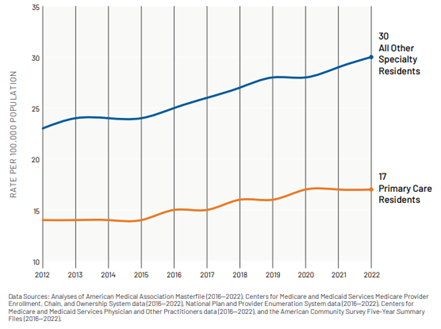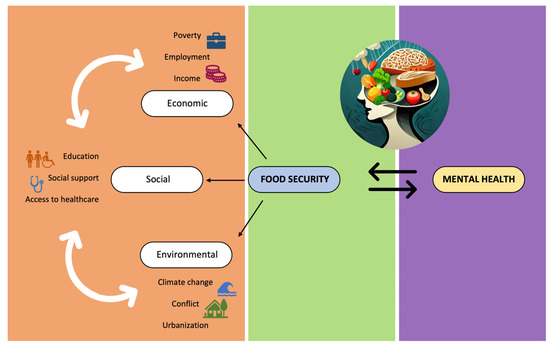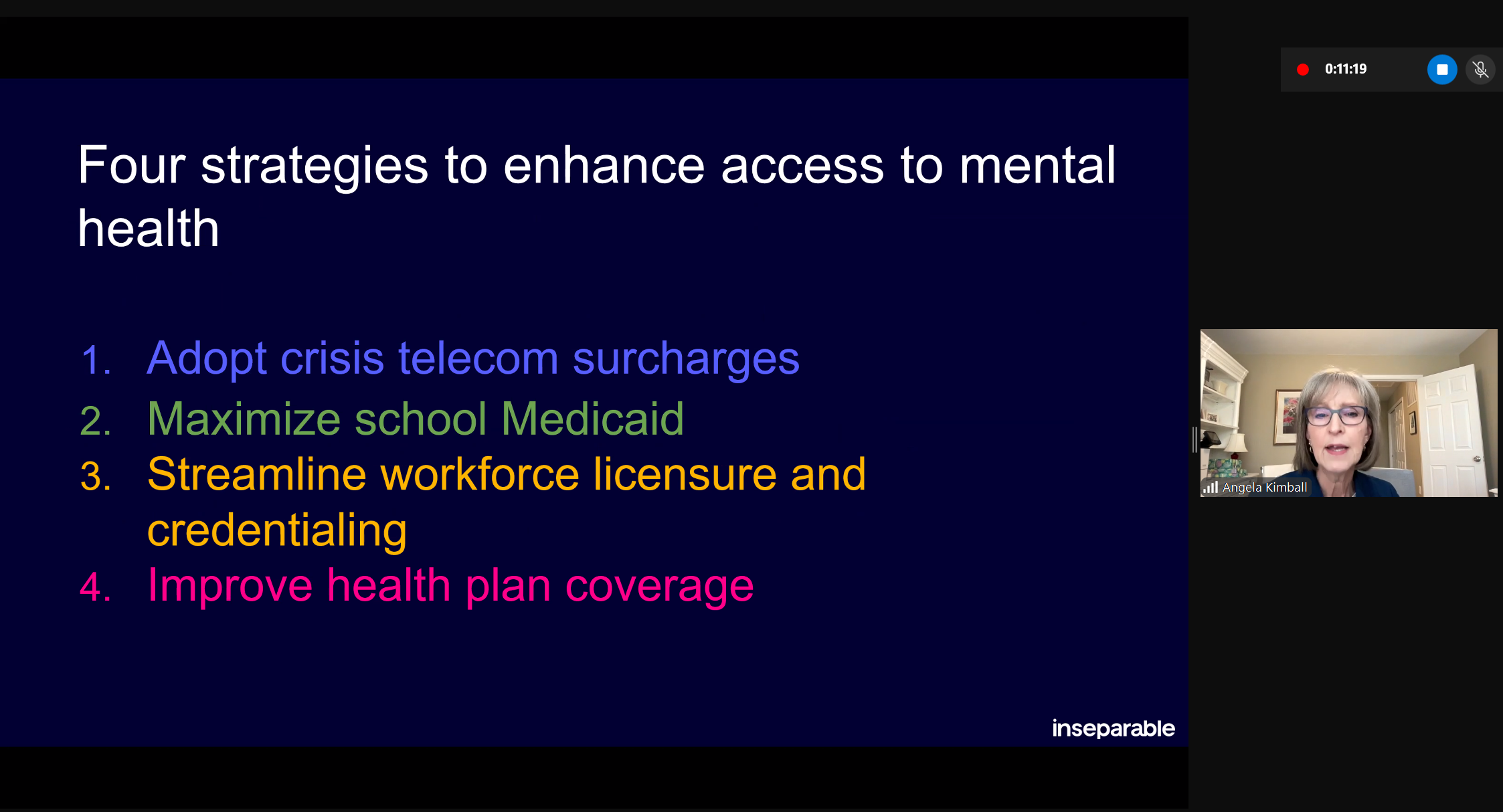On Wednesday, September 27th NGA hosted its third webinar in a four-part series highlighting innovative and replicable projects that are funded by the U.S. Economic Development Administration’s Travel, Tourism and Outdoor Recreation (TTOR) grant program. This webinar focused on projects intended to advance equity and access in the TTOR sectors.
Featured Projects
- The State of Pennsylvania is advancing equity in the TTOR sectors through a number of projects, including the African American heritage story project, diversified marketing and messaging, and diversity, equity and inclusion (DEI) training programs for industry stakeholders in the state.
- The Lummi Nation is investing in their community by establishing a marketplace for artisans and craftspeople to sell their wares, enabling community members to reach more consumers.
- The National Ability Center of Park City, Utah, is using TTOR funding to address the regional need for outdoor rec programs and equipment for people with disabilities.
Speakers
- Carrie Lepore, Deputy Secretary of Tourism, Pennsylvania Department of Community & Economic Development, State of Pennsylvania
- Michael Chapaloney, Executive Director of Tourism, Pennsylvania Department of Community & Economic Development, State of Pennsylvania
- Sean Lawrence, Director, Office of Economic Policy, Lummi Nation
- Katie Cook, Grants and Development Manager, National Ability Center
This is the third, in a series of four webinars, highlighting innovative and replicable projects funded by the U.S. Economic Development Administration’s Travel Tourism and Outdoor Recreation. Watch the first webinar in the series here: Increasing Economic Resiliency Of The Travel, Tourism And Outdoor Recreation Sectors and the second webinar of this series here: Innovative Workforce Development Programs For The Travel, Tourism And Outdoor Recreation Sectors
Disclaimer: This webinar is being hosted by the National Governors Association using Federal funds under award ED22HDQ3070131 from the Economic Development Administration, U.S. Department of Commerce. The statements, findings, conclusions, and recommendations are those of the author(s) and do not necessarily reflect the views of the Economic Development Administration or the U.S. Department of Commerce.











